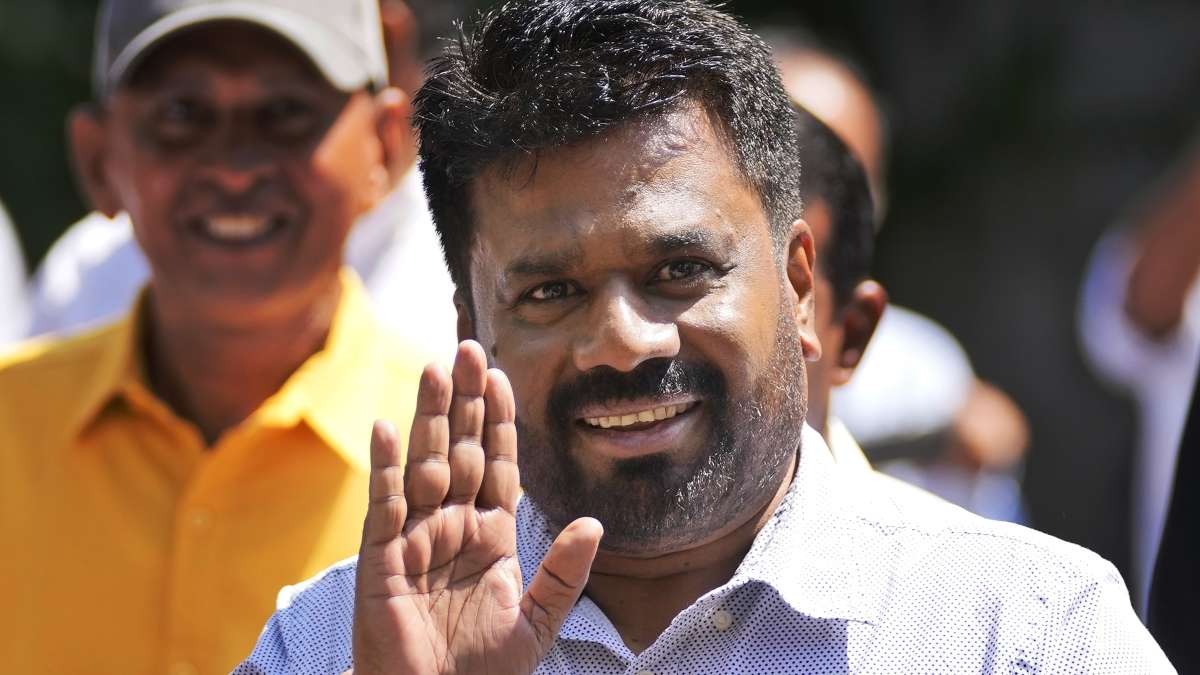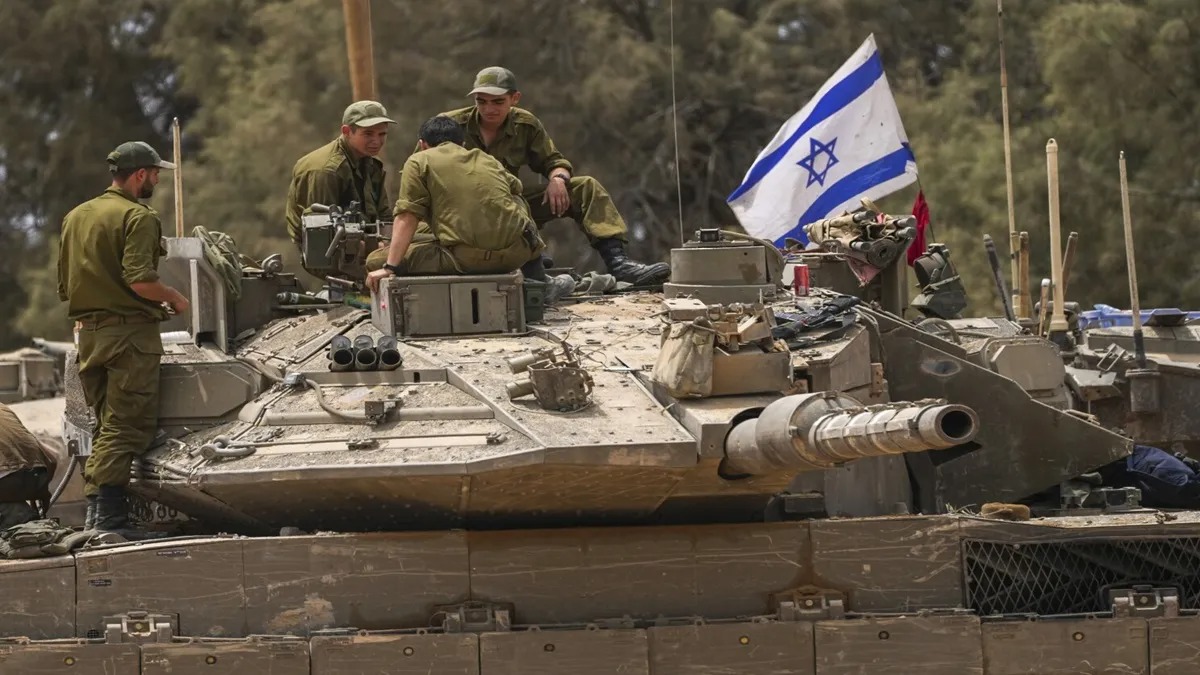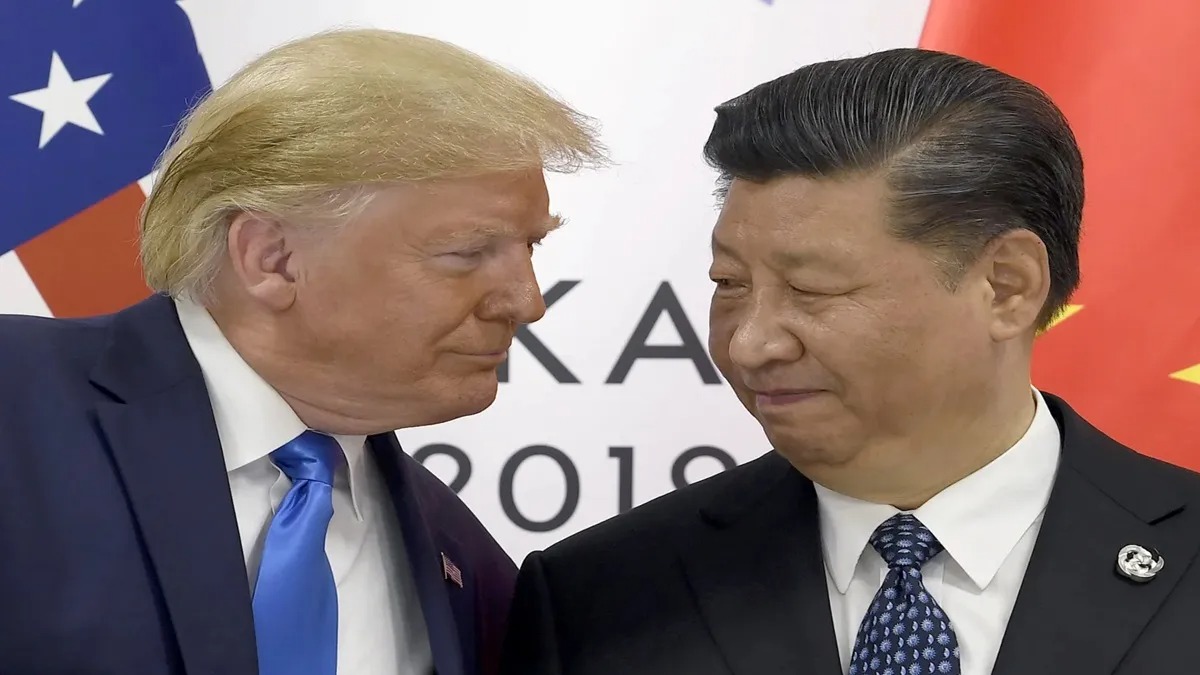
International: Sri Lanka elected Marxist-leaning Anura Kumara Dissanayake as its new president on Sunday, putting faith in the 55-year-old's pledge to fight corruption and bolster a fragile economic recovery following its worst financial crisis in decades. Dissanayake, who does not possess political lineage like some of his rivals in the presidential election, led from start to finish during the counting of ballots, knocking out incumbent President Ranil Wickremesinghe and opposition leader Sajith Premadasa to become Sri Lanka's 10th president.
The election was also a referendum on Wickremesinghe, who led the heavily indebted nation's fragile economic recovery from a meltdown in 2022 but the austerity measures that were key to this recovery hindered his bid to return to office. He finished third with 17% of the vote.
Dissanayake polled 5.6 million or 42.3% of the votes, a massive boost to the 3% he managed in the last presidential election in 2019. Premadasa was second at 32.8% after the first round of counting of ballots on Sunday.
It was the first time in Sri Lanka's history that the presidential race was decided by a second round of counting after the top two candidates failed to win the mandatory 50% of votes to be declared winner.
Election Commission Chairman R M A L Rathnayake said though Dissanayake and Premadasa have secured maximum votes in the 2024 presidential election, neither of them has secured more than 50 per cent votes, so the second preference votes are being counted and added to these two candidates.
Incumbent president Wickremesinghe was eliminated in the first round after he failed to become within the top two in the vote list.
Sri Lankans voted on Saturday to elect a new president in the first election since the economic meltdown in 2022.
Sri Lanka's presidential election uses a preferential voting system, where voters rank up to three candidates in order of preference. If a candidate receives more than 50 per cent of the first-choice votes, which is an absolute majority, that person is declared the winner. If not, a second round of counting will commence, with second and third-choice votes then taken into account.
No election in Sri Lanka has ever progressed to the second round of counting, as single candidates have always emerged as clear winners based on first-preference votes.
--Advertisement--

 Desk
Desk Share
Share






